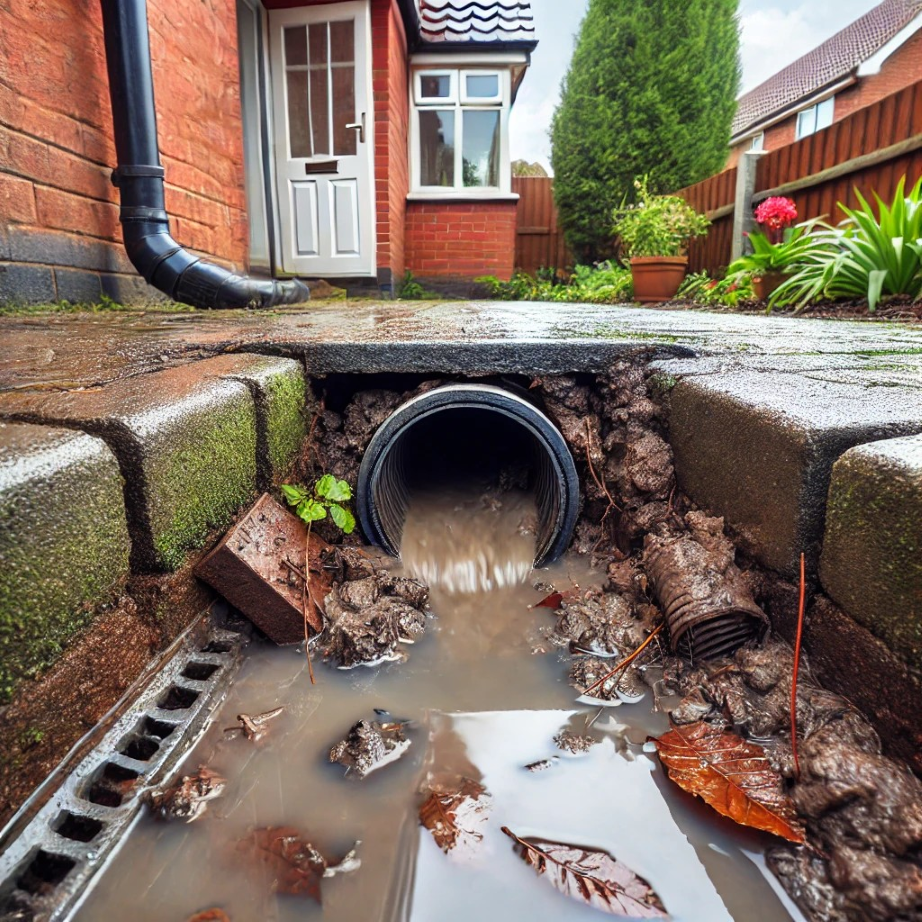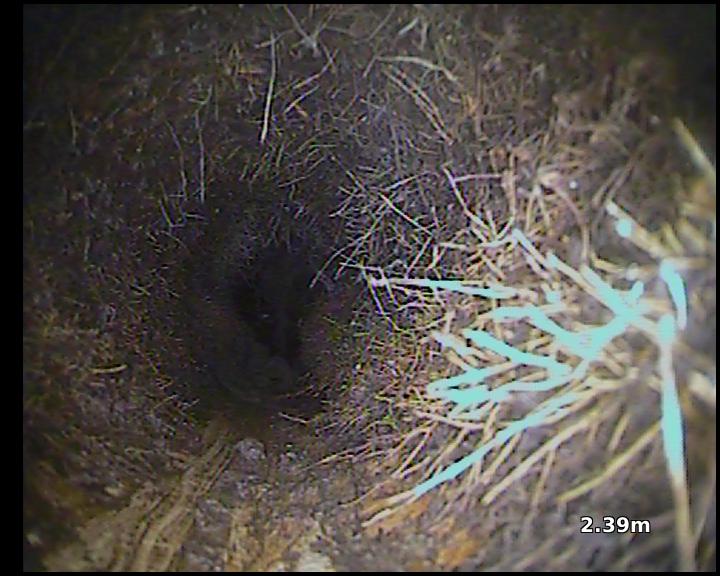Drainage is Blocked: Causes, Solutions, and Prevention
Introduction
When dealing with a blocked drainage system, it’s crucial to understand the underlying causes, effective solutions, and preventive measures to avoid future issues. Blocked drains can lead to a range of problems, from minor inconveniences to severe property damage. This comprehensive guide will cover everything you need to know about blocked drains, including common causes, how to unblock them, and steps you can take to prevent future blockages.

Common Causes of Blocked Drains
Blocked drains Derby people find are a common household issue, and understanding the root causes can help in addressing and preventing them. Here are some common causes:
1. Accumulation of Debris
One of the most common causes of blocked drains is the accumulation of debris such as:
- Hair: Hair can bind with grease and other sticky substances to form clogs.
- Soap: Traditional soap bars are made with grease or fat, which can combine with minerals in water and leave a hard residue (soap scum) that clogs pipes.
- Food Waste: Food particles, especially those that do not break down easily, can cause blockages.
- Mineral Buildup: Minerals dissolved in hard water can build up and cause insoluble masses.
2. Foreign Objects
Items that should not be flushed down the drain, such as:
- Sanitary Products: Tampons, pads, and other sanitary products can cause severe blockages.
- Wipes: Baby wipes and cleaning wipes are not biodegradable and can easily block pipes.
- Small Toys: Children often drop toys in the toilet, causing obstructions.
3. Tree Roots

This photo is what the pipe looked like before, with mass roots on every joint, and the video below is what the pipework looks like now after root cutting and insertion of a CIPP liner
Here’s a video we created of the tree roots being cut in Derby and replaced with a CIPP lining. Please note the action doesn’t begin until 15 seconds.
Tree roots can infiltrate underground pipes, causing significant blockages and damage. As roots seek out water sources, they can grow into small cracks in pipes and expand over time, causing major blockages.
Solutions to Unblock Drains
1. DIY Methods
For minor blockages, several do-it-yourself methods can be effective:
a. Boiling Water
Pouring boiling water down the drain can help dissolve minor blockages caused by grease or soap build up.
b. Plunger
A plunger can be used to dislodge minor clogs in sinks and toilets. Ensure a tight seal and apply firm pressure.
c. Baking Soda and Vinegar
This combination creates a chemical reaction that can help break down minor clogs. Pour baking soda followed by vinegar down the drain, wait for 30 minutes, and flush with hot water. Be careful when using this as it can cause problems.
2. Chemical Drain Cleaners
Chemical drain cleaners are readily available and can dissolve tougher clogs. However, they should be used sparingly as they can damage pipes over time and are harmful to the environment.
3. Plumbing Snake
A plumbing snake or auger can be used to reach deeper blockages. It is a flexible, long tool that can navigate through pipes to remove obstructions.
4. Professional Drain Cleaning Services
For persistent or severe drain blockages Derby residents should seek professional help. Our drain inspection services can accurately diagnose and address the issue with advanced tools and expertise.
Preventive Measures
Preventing blocked drains Derby residents find it is easier and more cost-effective than dealing with the aftermath of a severe blockage. Here are some preventive tips:
1. Regular Maintenance
Regular maintenance can help keep your drainage system in good condition:
- Scheduled Inspections: Regular inspections by professionals can identify potential issues early.
- Drain Covers: Use drain covers to catch hair, food particles, and other debris before they enter the drain.
- Proper Disposal: Dispose of grease, fat, and oils in the trash, not down the sink.
2. Mindful Usage
Being mindful of what goes down your drains can prevent blockages:
- Toilet Usage: Only flush toilet paper and human waste. Avoid flushing sanitary products, wipes, and foreign objects.
- Kitchen Drains: Avoid disposing of food waste, grease, and oils down the kitchen sink.
3. Tree Root Management
Manage trees and plants around your property to prevent roots from infiltrating pipes:
- Plant Location: Avoid planting trees and large shrubs near drainage pipes.
- Root Barriers: Install root barriers to protect your underground pipes from root infiltration.
Conclusion
Dealing with a blocked drainage system can be a daunting task, but understanding the causes, solutions, and preventive measures can make it more manageable. Whether you choose to tackle minor blockages yourself or seek professional help for more severe issues, maintaining a clear and functional drainage system is essential for the well-being of your property. For more information or professional assistance, visit our services page or contact us directly.
By following these guidelines and taking proactive measures, you can keep your drains running smoothly and avoid the hassle and expense of dealing with blockages. Contact us for drain unblocking Derby residents rely on.

